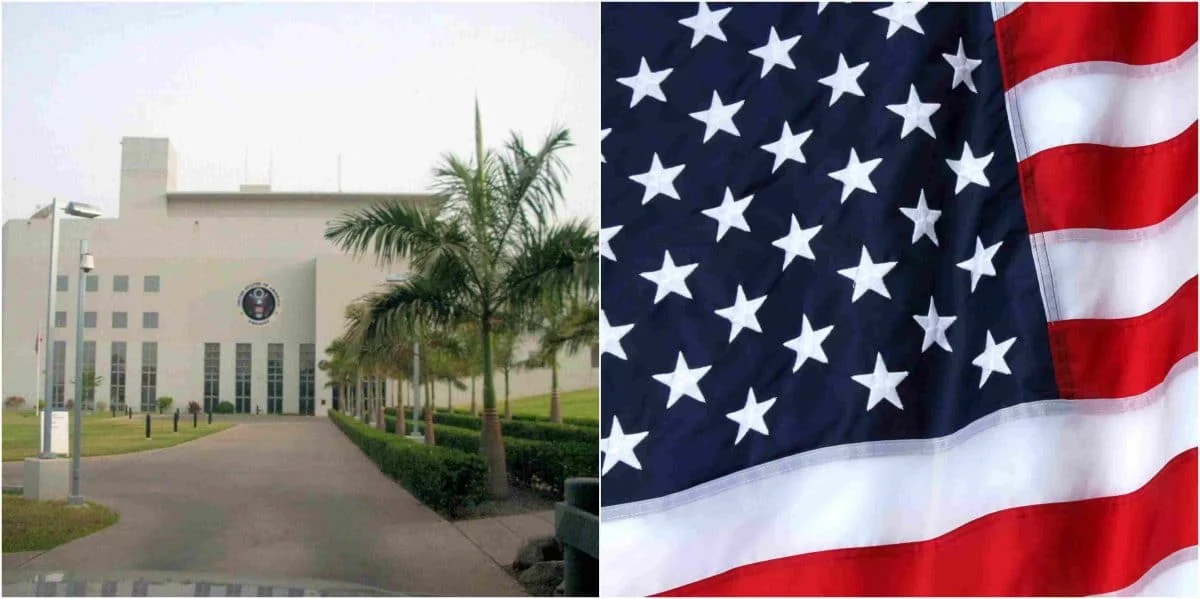A convoy of United States embassy staff has come under fire in southeast Nigeria, an attack that killed two employees and two police officers.
Gunmen also kidnapped three individuals – two other police officers and a driver – during the attack on Tuesday near the town of Atani in Nigeria’s Anambra State.
A rescue and recovery effort remains underway, according to a police spokesperson in Anambra, Ikenga Tochukwu.
“The hoodlums murdered two of the Police Mobile Force operatives and two staff of the Consulate, and set their bodies ablaze and their vehicles,” Ikenga said, noting the area was known for separatist violence.
It is not immediately clear the nature of the trip by the US embassy staffers in Anambra, nor how many people were in the convoy.
He also expressed regret the convoy chose to “enter the state without recourse to the police in the area or any security agency”. Law enforcement, he said, arrived only after the attackers escaped.
US National Security Council spokesperson John Kirby briefly addressed the incident at a White House press briefing on Tuesday, affirming “it does look like a US convoy vehicle was attacked”.
“What I can tell you is that no US citizens were involved and, therefore, there were no US citizens hurt,” Kirby said.
The US Department of State later issued a statement saying its diplomatic staff were “working with Nigerian security services to investigate”.

“The security of our personnel is always paramount, and we take extensive precautions when organizing trips to the field,” it said.
The attack took place along a major roadway at about 3:30pm local time (14:30 GMT). Police in Anambra have indicated they believe separatists are responsible for the attack as part of an escalating campaign of violence.
Officials in the region often point to a separatist group called the Indigenous People of Biafra (IPOB), which has led a push to secede from Nigeria in favour of establishing its own republic.
In 2020, it formed a paramilitary organization called the Eastern Security Network, ostensibly to protect local farmers and residents from crime — but Nigerian police have accused it of carrying out violent attacks.
IPOB has denied any involvement in the violence. However, tensions have risen since the arrest of the group’s founding leader Nnamdi Kanu, first in 2015 and again in 2021, after he had skipped bail and fled abroad for several years.
Kanu had faced charges of treason and terrorism, which he pleaded not guilty to. In October, an appellate court dropped the seven-count charge of terrorism against Kanu, saying the trial court lacked jurisdiction.
Separatists have long rallied for a referendum to be organized over the question of independence in southeast Nigeria. But such questions come with a fraught history: In 1967, the Republic of Biafra declared independence, launching a three-year-long civil war in Nigeria that killed hundreds of thousands of people.
More recently, Nigerian President Muhammadu Buhari has rejected attempts to hold a referendum, calling the country’s unity non-negotiable. He is set to leave office at the end of this month after serving two four-year terms.
He will be succeeded by President-elect Bola Tinubu of the All Progressives Congress.

